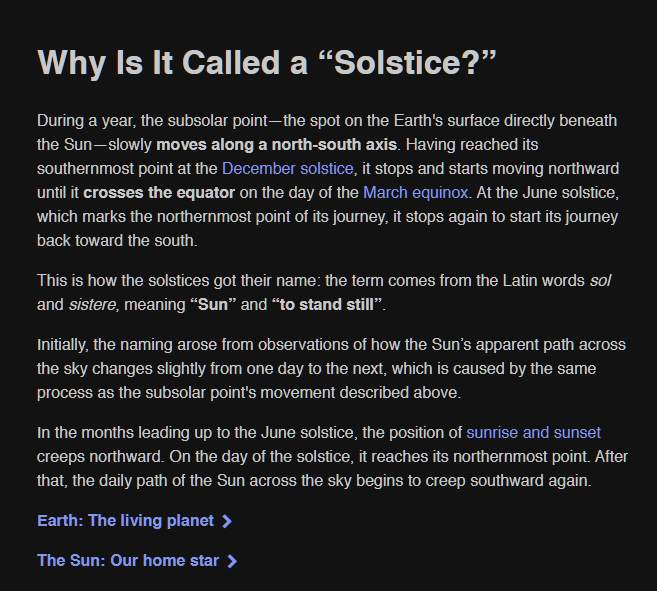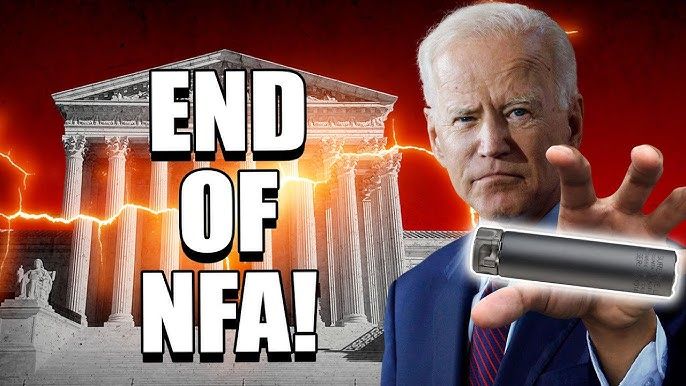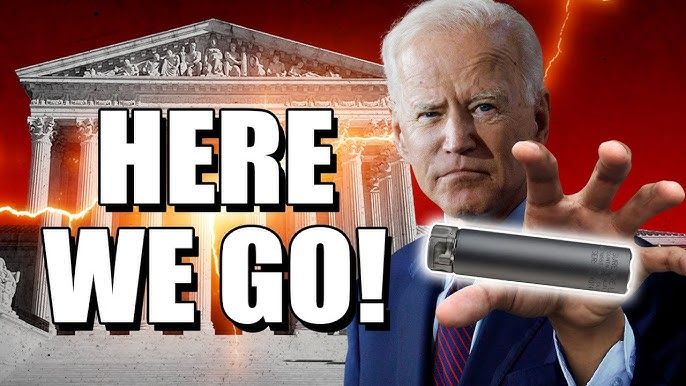Who’s on First & in What Percentage
Application of Diverse “Other Insurance” Clauses
Insurers Protected Insured and Litigated Their Differences
Post 4920
Two insurance companies- Gemini and Zurich- asked the Eleventh Circuit Court of Appeal to determine what share of a $2 million settlement each is required to pay. The district court entered judgment for Gemini, ordering that Zurich pay $500,000 plus prejudgment interest. Both parties appealed, with Gemini seeking another $500,000 and Zurich challenging the award of prejudgment interest.
In Gemini Insurance Company v. Zurich American Insurance Company, No. 22-13495, United States Court of Appeals, Eleventh Circuit (October 23, 2024) the competing “other insurance clauses” were resolved.
FACTS
After the death of Josue Vallejo, who was struck by a tractor-trailer operated by an employee of FSR Trucking, Inc two of three insurers disputed what proportion of the settlement each should pay. Zurich insured FSR, through its coverage of Commercial, for $1 million. Gemini also insured FSR for $3 million.
The Vallejo claim settled for $3 million, of which Gemini contributed $2 million. Ryder’s insurance company, which is not a party to this appeal, contributed the other $1 million. Gemini and Zurich agree that they each owe a share of the $2 million, but dispute how much each one must pay. Under Gemini’s theory, they each owe $1 million. Under Zurich’s theory, they each owe their pro rata share, which is $500,000 for Zurich and $1.5 million for Gemini.
The different theories of coverage turn on the application of the two policies’ “other insurance” clauses, which generally function to apportion coverage when there is overlapping insurance. Gemini argues that its policy is excess to Zurich’s, while Zurich argues that the policies attach at the same level and thus trigger pro rata contribution.
Gemini sued Zurich for a declaratory judgment in its favor and an award of $1 million plus interest under claims of contractual subrogation or equitable subrogation/contribution. Zurich tendered $500,000 to Gemini to satisfy its pro rata share. Gemini, however, continued to litigate for the other $500,000 plus interest on the entire amount.
Gemini appealed the District Court’s ruling in favor of Zurich and sought to obtain the other $500,000.
ANALYSIS
In Florida, where more than one insurer’s policy provides coverage for a loss, as the parties agree is the case here, it is appropriate to review the insurance contracts to see if the documents address the ‘ranking’ or contribution of other insurers.
The Other Insurance Clauses
Gemini’s “other insurance” clause provides: “This insurance is excess over and shall not contribute with any of the other insurance, whether primary, excess, contingent or on any other basis. This condition will not apply to insurance specifically written as excess over this policy.”
Zurich’s “other insurance” clause is slightly different. “When this Coverage Form and any other Coverage Form or policy covers on the same basis, either excess or primary, we will pay only our share. Our share is the proportion that the Limit of Insurance of our Coverage Form bears to the total of the limits of all the Coverage Forms and policies covering on the same basis.
Interpretation of the “Other Insurance” Clauses
Where two insurance policies contain excess insurance clauses the clauses are deemed mutually repugnant and both insurers become primary and share the loss on a pro rata basis in accordance with their policy limits. Zurich argued, and the district court agreed, that both policies contain excess clauses such as pro rata contribution results.
The Eleventh Circuit Court of Appeals sided with Gemini because when two policies containing conflicting “other insurance” or excess [uninsured/underinsured motorist] clauses.
In sum an “other insurance” clause containing the phrase “we will pay the proportion of damages payable as excess” means that the clause was pro rata, even though it also characterized itself as an excess clause. Moreover, the Eleventh Circuit concluded both policies were primary.
The Eleventh Circuit reversed the district court’s resolution of the cross-motions for summary judgment with regard to the amount of contribution and remanded the case for entry of judgment in favor of Gemini for the principal amount of $1,000,000, with the understanding that Zurich has already paid half of that sum. Upon entry of the amended final judgment on remand, Gemini will be the prevailing party. When a verdict liquidates damages on a plaintiff’s out-of-pocket, pecuniary losses, plaintiff is entitled, as a matter of law, to prejudgment interest at the statutory rate from the date of that loss.
The Eleventh Circuit reversed the district court’s resolution of the cross-motions for summary judgment and remanded for the court to enter judgment in favor of Gemini in the principal amount of $1,000,000 understanding that Zurich has already paid $500,000. It also affirmed the award of prejudgment interest on the first $500,000 and direct the court to award Gemini prejudgment interest on the second $500,000 from February 7, 2019, until the date of the amended final judgment.
ZALMA OPINION
The three insurers of the defendant did the right thing by protecting the insured and then resolving their dispute over the share owed in court. Although insurance companies, generally, should not sue each other. “Other Insurance” clauses invariably raise disputes between insurers and often cause hardship to the insured. In this case Gemini, Zurich and an unnamed insurer put up the $3 million to settle and then Gemini and Zurich sued to clarify who owed what. The Eleventh Circuit found that the District Court was wrong because interpreting the competing “other insurance” clauses should have resulted in a finding that both Gemini and Zurich were primary insurers and each owed $1 million of the settlement and Zurich owed Gemini $500,000 plus interest.
(c) 2024 Barry Zalma & ClaimSchool, Inc.
Please tell your friends and colleagues about this blog and the videos and let them subscribe to the blog and the videos.
Subscribe to my substack at
https://barryzalma.substack.com/subscribe
Go to X @bzalma; Go to Newsbreak.com
https://www.newsbreak.com/@c/1653419?s=01; Go to Barry Zalma videos at Rumble.com at
https://rumble.com/account/content?type=all; Go to Barry Zalma on YouTube-
https://www.youtube.com/channel/UCysiZklEtxZsSF9DfC0Expg
Go to the Insurance Claims Library –
https://lnkd.in/gwEYk
Who’s on First & in What Percentage
Application of Diverse “Other Insurance” Clauses
Insurers Protected Insured and Litigated Their Differences
Post 4920
Two insurance companies- Gemini and Zurich- asked the Eleventh Circuit Court of Appeal to determine what share of a $2 million settlement each is required to pay. The district court entered judgment for Gemini, ordering that Zurich pay $500,000 plus prejudgment interest. Both parties appealed, with Gemini seeking another $500,000 and Zurich challenging the award of prejudgment interest.
In Gemini Insurance Company v. Zurich American Insurance Company, No. 22-13495, United States Court of Appeals, Eleventh Circuit (October 23, 2024) the competing “other insurance clauses” were resolved.
FACTS
After the death of Josue Vallejo, who was struck by a tractor-trailer operated by an employee of FSR Trucking, Inc two of three insurers disputed what proportion of the settlement each should pay. Zurich insured FSR, through its coverage of Commercial, for $1 million. Gemini also insured FSR for $3 million.
The Vallejo claim settled for $3 million, of which Gemini contributed $2 million. Ryder’s insurance company, which is not a party to this appeal, contributed the other $1 million. Gemini and Zurich agree that they each owe a share of the $2 million, but dispute how much each one must pay. Under Gemini’s theory, they each owe $1 million. Under Zurich’s theory, they each owe their pro rata share, which is $500,000 for Zurich and $1.5 million for Gemini.
The different theories of coverage turn on the application of the two policies’ “other insurance” clauses, which generally function to apportion coverage when there is overlapping insurance. Gemini argues that its policy is excess to Zurich’s, while Zurich argues that the policies attach at the same level and thus trigger pro rata contribution.
Gemini sued Zurich for a declaratory judgment in its favor and an award of $1 million plus interest under claims of contractual subrogation or equitable subrogation/contribution. Zurich tendered $500,000 to Gemini to satisfy its pro rata share. Gemini, however, continued to litigate for the other $500,000 plus interest on the entire amount.
Gemini appealed the District Court’s ruling in favor of Zurich and sought to obtain the other $500,000.
ANALYSIS
In Florida, where more than one insurer’s policy provides coverage for a loss, as the parties agree is the case here, it is appropriate to review the insurance contracts to see if the documents address the ‘ranking’ or contribution of other insurers.
The Other Insurance Clauses
Gemini’s “other insurance” clause provides: “This insurance is excess over and shall not contribute with any of the other insurance, whether primary, excess, contingent or on any other basis. This condition will not apply to insurance specifically written as excess over this policy.”
Zurich’s “other insurance” clause is slightly different. “When this Coverage Form and any other Coverage Form or policy covers on the same basis, either excess or primary, we will pay only our share. Our share is the proportion that the Limit of Insurance of our Coverage Form bears to the total of the limits of all the Coverage Forms and policies covering on the same basis.
Interpretation of the “Other Insurance” Clauses
Where two insurance policies contain excess insurance clauses the clauses are deemed mutually repugnant and both insurers become primary and share the loss on a pro rata basis in accordance with their policy limits. Zurich argued, and the district court agreed, that both policies contain excess clauses such as pro rata contribution results.
The Eleventh Circuit Court of Appeals sided with Gemini because when two policies containing conflicting “other insurance” or excess [uninsured/underinsured motorist] clauses.
In sum an “other insurance” clause containing the phrase “we will pay the proportion of damages payable as excess” means that the clause was pro rata, even though it also characterized itself as an excess clause. Moreover, the Eleventh Circuit concluded both policies were primary.
The Eleventh Circuit reversed the district court’s resolution of the cross-motions for summary judgment with regard to the amount of contribution and remanded the case for entry of judgment in favor of Gemini for the principal amount of $1,000,000, with the understanding that Zurich has already paid half of that sum. Upon entry of the amended final judgment on remand, Gemini will be the prevailing party. When a verdict liquidates damages on a plaintiff’s out-of-pocket, pecuniary losses, plaintiff is entitled, as a matter of law, to prejudgment interest at the statutory rate from the date of that loss.
The Eleventh Circuit reversed the district court’s resolution of the cross-motions for summary judgment and remanded for the court to enter judgment in favor of Gemini in the principal amount of $1,000,000 understanding that Zurich has already paid $500,000. It also affirmed the award of prejudgment interest on the first $500,000 and direct the court to award Gemini prejudgment interest on the second $500,000 from February 7, 2019, until the date of the amended final judgment.
ZALMA OPINION
The three insurers of the defendant did the right thing by protecting the insured and then resolving their dispute over the share owed in court. Although insurance companies, generally, should not sue each other. “Other Insurance” clauses invariably raise disputes between insurers and often cause hardship to the insured. In this case Gemini, Zurich and an unnamed insurer put up the $3 million to settle and then Gemini and Zurich sued to clarify who owed what. The Eleventh Circuit found that the District Court was wrong because interpreting the competing “other insurance” clauses should have resulted in a finding that both Gemini and Zurich were primary insurers and each owed $1 million of the settlement and Zurich owed Gemini $500,000 plus interest.
(c) 2024 Barry Zalma & ClaimSchool, Inc.
Please tell your friends and colleagues about this blog and the videos and let them subscribe to the blog and the videos.
Subscribe to my substack at https://barryzalma.substack.com/subscribe
Go to X @bzalma; Go to Newsbreak.com https://www.newsbreak.com/@c/1653419?s=01; Go to Barry Zalma videos at Rumble.com at https://rumble.com/account/content?type=all; Go to Barry Zalma on YouTube- https://www.youtube.com/channel/UCysiZklEtxZsSF9DfC0Expg
Go to the Insurance Claims Library – https://lnkd.in/gwEYk












